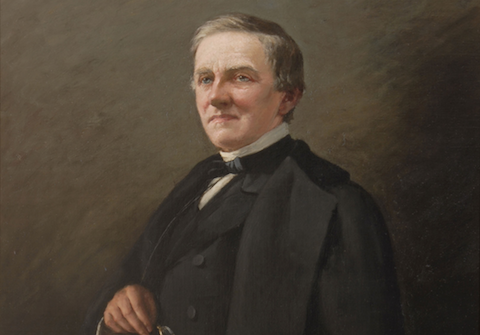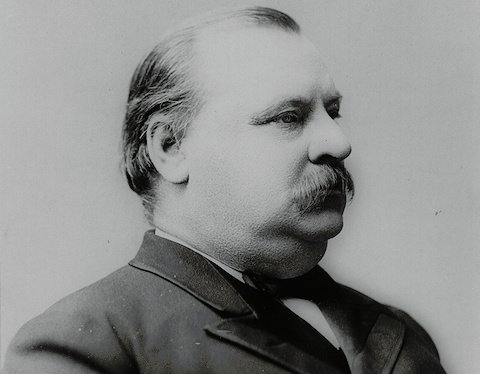Could it be that the electoral college will cost Donald J. Trump a shot at the presidency? With all this rigged election talk, some might think that it’s the case. But such an outcome would not be unprecedented; in fact, several men have gone on to win the popular vote and yet be denied an opportunity to grace the Oval Office.
Here’s a look at who got snubbed, even though they won the popular vote:
Andrew Jackson (1824)

Wikimedia Commons
Want to talk about elections maybe being rigged? John Quincy Adams became United States president in the country’s infancy, in spite of winning neither the popular vote nor the electoral vote.
Instead, it was Andrew Jackson who won both. Jackson received 38,000 more popular votes than Adams, won the electoral count 99 to 84. The only problem is he couldn’t get to the 131 votes needed to win a majority in the electoral college — that sent it back to U.S. Congress, who voted in Adams.
Samuel J. Tilden (1876)

Wikimedia Commons
Tilden won over 250,000 more votes than the eventual president, Rutherford B. Hayes — and lost the election after securing just one fewer tally in the electoral college than President Hayes.
Hayes, a reform-minded Democrat, only secured enough electoral votes after a congressional commission awarded him 20 that had been contested. That resulted in the Compromise of 1877.
Grover Cleveland (1888)

Wikimedia Commons
Republican Benjamin Harrison beat out Cleveland for the U.S. presidency with 233 electoral votes, in spite of losing the popular vote by about 90,000.
Cleveland actually won the popular vote in three straight elections: 1884, 1888, and 1892 – and served as president both of the other times on the back of his message of fiscal conservatism and
Al Gore (2000)

YouTube
Gore won popular vote by 540,000 more votes than Bush. However, after a hotly contested recount in Florida that saw more drama than any televised election in history, Bush was decided the winner in the electoral count by 271 to 266.
